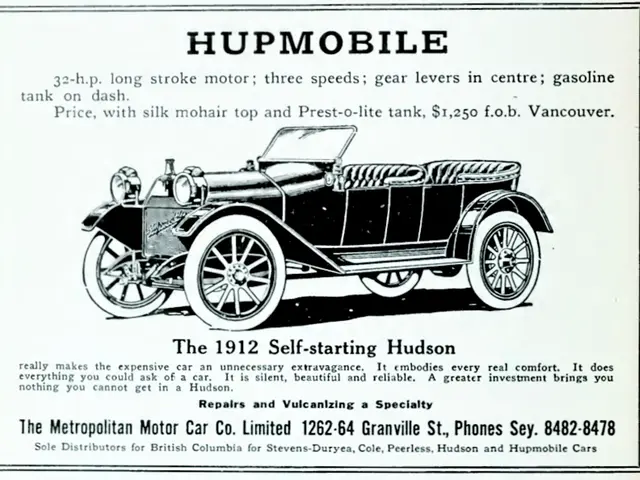New car sales in the EU plummeted to unprecedented depths in March.
Easter Holidays Dampen EU Auto Sales
Last month, sales in the majority of European Union (EU) markets were negatively impacted, with Germany (-6.2%), Spain (-4.7%), Italy (-3.7%), and France (-1.5%) being the hardest hit.
Previously, new car registrations in the EU had shown steady growth, with a 12.1% increase in January and a 10.1% rise in February year-on-year. This momentum continued throughout the first quarter of 2024, with sales totalling 2.77 million units, an increase of 4.4%. The growth was consistent across major markets, with Italy and France registering a 5.7% increase each, Germany growing by 4.2%, and Spain by 3.1%.
However, the trend reversed in March. The share of battery electric vehicles (BEV) in new car sales fell to 13% from 13.9% in the same period the previous year, while hybrid (HEV) vehicles increased to 29% from 24.4%. Plug-in hybrids (PHEV) saw a slight decrease to 7.1% from 7.2%. Fossil fuel-powered cars accounted for less than half the market, with their share falling to 47.8% from 51.8% in March 2023.
Electric vehicle sales in the EU decreased by 11.3% in March, hybrid sales increased by 12.6%, plug-in hybrid sales fell by 6.5%, petrol car sales dropped by 10.2%, and diesel car sales plummeted by 18.5%.
Despite the overall decline, the number of new cars sold in the EU, European Economic Area (EEA), and the UK combined reached 1.38 million, a decrease of 2.8%. In contrast, the UK experienced a growth of 10.4%, selling 317,800 units. This surge was attributed to seasonal factors, as the peak for new car registrations in the UK falls in March and September.
Among other factors, the timing of Easter holidays was found to impact sales volumes due to shifts in the number of selling days and consumer buying patterns. Moreover, economic headwinds such as waning consumer confidence in Germany and broader trade and economic uncertainties within the EU contributed to the weaker sales during this period.
In a related development, the Eurocash Group, a prominent retailer in Poland, reported a 7.6% revenue decline year-on-year in Q1 2025, partly due to the delay in the Easter holiday, underscoring the influence of holidays on retail revenues across Europe.
In conclusion, the decrease in sales in Germany, Spain, Italy, and France during the Easter holidays can primarily be attributed to the shift in the timing of Easter affecting the number of selling days and consumer buying behavior, combined with ongoing economic challenges and reduced consumer confidence in some markets.
The drop in automotive sales during the Easter holidays in Germany, Spain, Italy, and France can be partly explained by the shift in the timing of Easter affecting the number of selling days and consumer buying behavior. Furthermore, the decline in sales in the broader European Union (EU) auto industry may also be influenced by ongoing economic challenges and reduced consumer confidence.
During the same period, the Eurocash Group, a retailer in Poland, reported a decrease in revenue, partially due to the delay in Easter, suggesting that holidays can have a significant impact on retail revenues across Europe.








